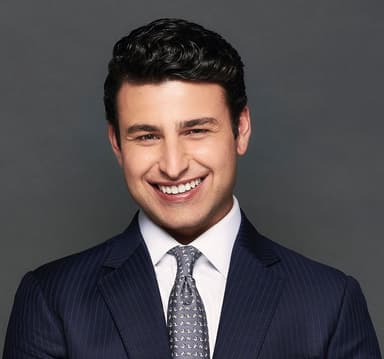

Christy Thorson · Giorgio Panagos
$350,000 Verdict on a Personal Injury Underinsured Motorist Case
![]() April 11, 2025 ||TLU n Demand
April 11, 2025 ||TLU n Demand
In December of 2017, Plaintiff was hit head-on by a driver who lost control of her vehicle on icy roads. The Plaintiff was 62 at the time of the crash and 69 when we went to trial. At first, she had chest pain, neck pain, and shortness of breath from the seat belt and airbags. She went to the ER, had CT scans and X-rays and was sent home. She followed up with her primary care doctor and started a treatment plan consisting of chiropractic care and massage.As the chest and neck pain began to subside, shoulder pain became more prominent. She ended up getting referred to orthopedics and after an MRI, discovered that she had multiple tears in her shoulder. Surgery was recommended, but has not yet been performed.
Plaintiff is a sole proprietor. She owns a cleaning business, cleaning residential homes during the week and businesses on the weekend. She went from 2 houses per day, 8-9 hours per day, to 1 house per day, 4-5 hours per day. The hours worked on the weekend for the business accounts did not change.
Issues in the case:
1.Settlement of the underlying liability claim for less than the policy limits. The case against the at-fault driver had to be put into suit, but we ended up settling for $55,000 of the $100,000 policy limits. Plaintiff was not in a position to keep fighting at that time.
2.Plaintiff did not have shoulder surgery. There were many reasons for this, but because she did not have the surgery, medical specials were only a little over $20,000 when we settled the first claim and approximately $50,000 when we went to trial on the UIM claim.
3.Plaintiff continued working even though she had a severe shoulder injury. She is a hard-working person and did not want to lose her business. She cut back on her hours and had family members help when possible, usually on the weekends. She also could not find any employees that she could trust to bring into people’s homes.
4.The defense brought motions the morning of trial. They made a motion to exclude Plaintiff’s expert, or in the alternative, to have his testimony limited.
5.The judge granted the defense’s motion for directed verdict on the medical bills, but denied the motion for directed verdict on wage loss. That resulted in the verdict form only having line items for past pain and suffering, future pain and suffering, past wage loss, and future wage loss.
Despite all the challenges, the jury awarded $75,000 in past pain and suffering, $25,000 in future pain and suffering, $250,000 in past wage loss and $0 in future wage loss.
If you can't attend Live, Watch On Demand